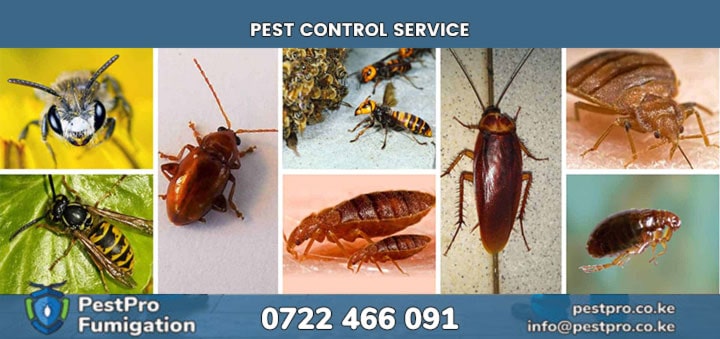Flea Control for Pet Owners in Nairobi and Kiambu
Flea infestations present ongoing challenges for pet owners throughout Nairobi and Kiambu, where Kenya's warm climate provides ideal conditions for these persistent parasites to thrive year-round. Effective flea control requires integrated approaches addressing both pets and their environment to break the flea lifecycle and prevent reinfestation.
Understanding Flea Biology and Lifecycle in Kenya
Fleas complete their lifecycle in as little as 14 days under optimal conditions common in Kenya's warm climate, progressing through egg, larval, pupal, and adult stages. Adult fleas represent only 5% of the total population, with eggs, larvae, and pupae comprising 95% of infestations hidden in carpets, bedding, and outdoor areas where pets spend time.
Female fleas can lay up to 50 eggs daily after taking blood meals from pets, with eggs falling off into surrounding environments where they hatch into larvae. These larvae feed on organic debris and adult flea feces in carpets, pet bedding, and soil around Nairobi properties before pupating and emerging as new adults seeking host animals.
The pupal stage proves most challenging to control, as developing fleas remain protected in cocoons that resist insecticides until emerging as adults. Understanding this lifecycle helps pet owners coordinate treatment timing and methods for maximum effectiveness in Kenya's consistently warm conditions that accelerate flea development.
Pet Treatment Options Available in Kenya
Modern flea control products available through Nairobi veterinarians provide safe, effective options for treating infested pets. Spot-on treatments containing fipronil, imidacloprid, or selamectin kill adult fleas within hours while providing month-long protection against new infestations, making them ideal for Kenya's year-round flea season.
Oral flea medications work systemically, killing fleas when they bite treated pets while remaining safe for animals and human family members. These products often include insect growth regulators that prevent flea eggs and larvae from developing, helping break the lifecycle in homes throughout Nairobi and surrounding areas.
Flea shampoos and sprays provide immediate relief for heavily infested pets but require combination with longer-lasting treatments for sustained control. Natural options including diatomaceous earth and essential oil-based products offer alternatives for pet owners preferring non-chemical approaches, though they typically require more frequent applications and may provide less reliable results.
Environmental Treatment and Prevention
Environmental treatment proves essential for flea control success, as most fleas live in pet environment rather than on animals themselves. Vacuum carpets, upholstery, and pet bedding areas daily during infestations, immediately disposing of vacuum contents to prevent captured fleas from re-emerging and continuing their lifecycle.
Wash pet bedding weekly in hot water (60°C or higher) to kill all flea lifecycle stages, and consider steam cleaning carpets and upholstery where pets rest regularly. Focus treatment efforts on areas where pets spend the most time, as these locations harbor the highest concentrations of eggs and developing larvae.
Apply premise sprays containing insect growth regulators to carpeted areas, focusing on pet sleeping areas, under furniture, and along baseboards where flea larvae develop. Maintain regular lawn care around Nairobi properties, keeping grass short and removing organic debris where outdoor flea populations can establish and reinfest treated pets and indoor environments.
More pest Control ServicesPestPro Facebook Page
Medium
